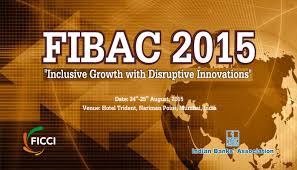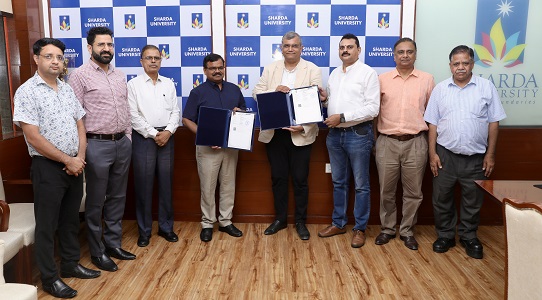The need of the hour is to develop socially inclusive, sustainable and environmental-friendly trade practices even as SAARC countries aim for financial integration in the region, stated Dr. Atiur Rahman, Governor of Bangladesh Bank, here today. In his Special Address at a roundtable on ‘SAARC Financial Integration: Progress and Prospects’ at the two-day banking conference FIBAC 2015, jointly organised by the Federation of Indian Chambers of Commerce and Industry (FICCI) and Indian Banks’ Association (IBA) with Boston Consulting Group (BCG) as knowledge partners, Dr. Rahman said that the trade amongst SAARC nations is way below the desired figures. He added that the currency turbulence caused in the region reinforces the need for developing regional synergy to keep the economies stable. On India-Bangladesh ties, Dr. Rahman said that India and Bangladesh are in the process of identifying areas of bilateral cooperation such as financial inclusion to strengthen the two economies. The visit of India’s Prime Minister Narendra Modi to Bangladesh has clearly established the political will which is in favour of greater economic and financial integration. Now the onus is on the regulators to make this idea a reality. Presenting India’s perspective on SAARC financial integration, Dr. A M Gondane, Joint Secretary (SB and BC), Ministry of External Affairs, Government of India, said Indian Government realizes that it is essential to establish a mechanism or a special fund that can be utilized to meet the infrastructure needs of the region, leading to economic, financial and social integration. Elaborating the Indo-Iran trade relationship, Mr. Arun Kaul, Chairman Incharge, IBA and CMD, UCOBank, said that there was a time when the trade between the countries had come to a standstill and it became a challenge for India to import oil from Iran. Then a mechanism was established where Iran started utilizing 45% proceeds of oil export to India for the development of the country. He added, now the two nations enjoy a balanced trade and it could become an example for SAARC nations for integration. Mr. Alain Raes, Chief Executive EMEA and Asia Pacific, SWIFT SCRL, said that for financial integration, it is necessary to first set the ambition by SAARC countries and then they need to put in practice the established institutions. He added that SWIFT provides a network that enables financial institutions worldwide to send and receive information about financial transactions in a secure, standardized and reliable environment, which helps in faster economic growth. Responding to a query of whether GIFT City, a global financial centre, could be replicated by SAARC nations, Mr. Ajay Pandey, MD and Group CEO, GIFT City, said that it can be done with scale, shape, size and right infrastructure. GIFT would provide suitable regulatory regime and create a business environment to promote greater capital flows and it could be a helpful centre for financial instituions from SAARC nations to set up a base in as well for financial integration. The session moderator Ms. Arundhati Bhattacharya, Chairperson, FICCI’s Banking and FI’s Committee, Hon. Secretary, IBA and Chairman, State Bank of India, was of the view that in times of crisis, like the recent Nepal earthquake, the neighboring countries joined forces to assist the disaster-stricken nation. Hence the will for regional cooperation and financial integration is present amongst SAARC nations and the need is to establish a clear road map with consensus of stakeholders.
IndianBureaucracy.com wishes the very best.





